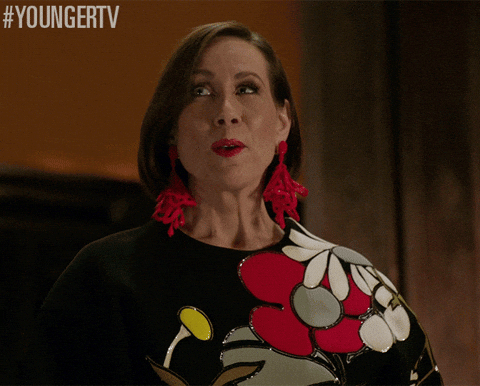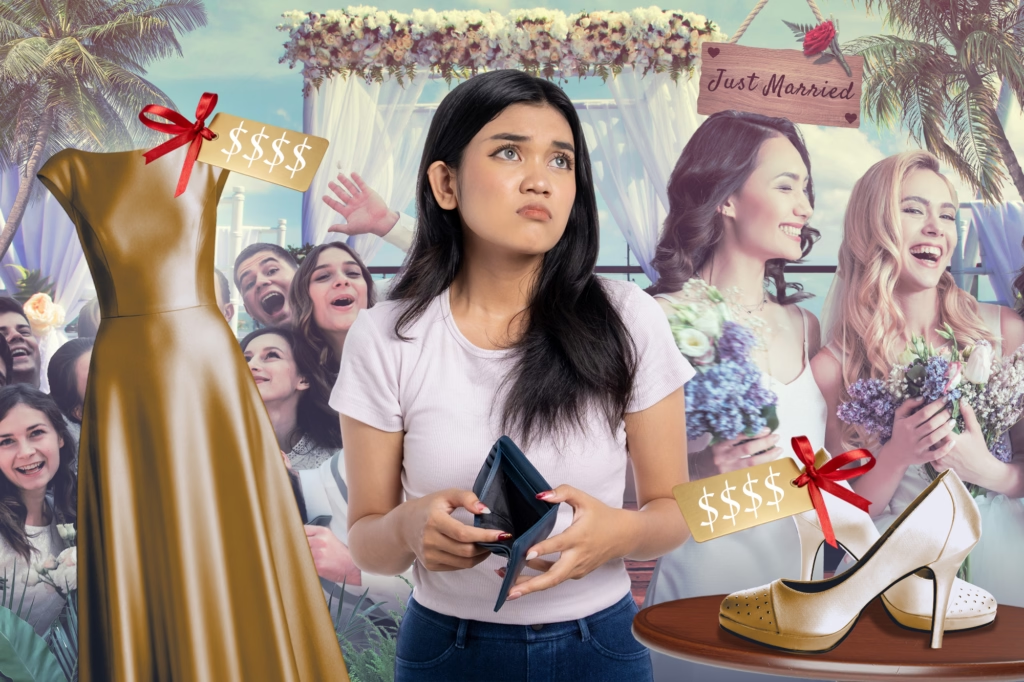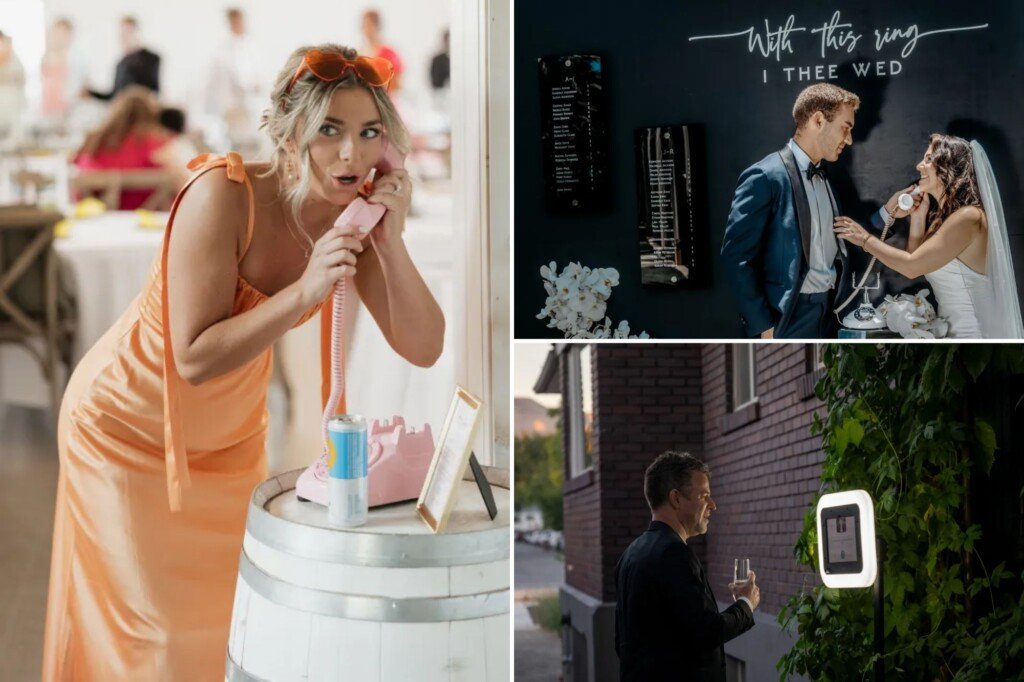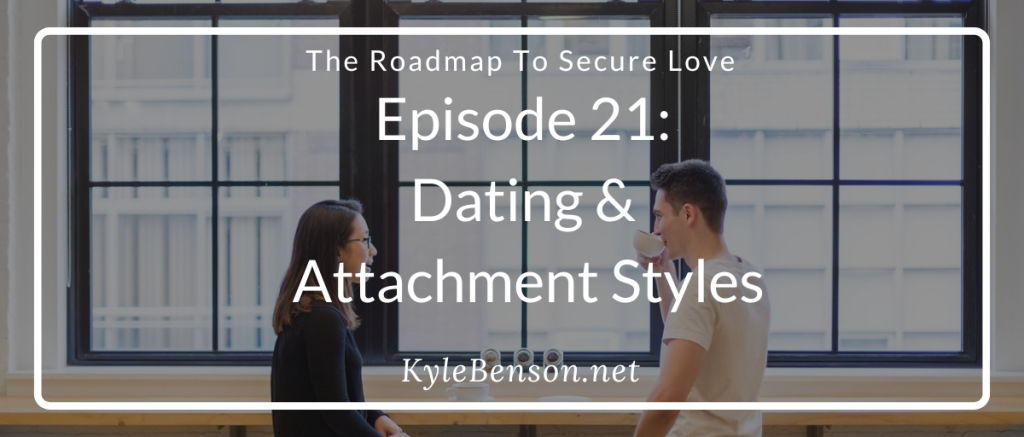Sisters? Best Friends? Cousins?: Navigating the Hypotheses

As a queer woman in a relationship with another queer woman, my partner and I often encounter interactions with strangers that take the form of a guessing game we like to call “sisters, best friends, cousins.” It’s not so much a game as an uncomfortable reality: People, usually straight, assume my partner and I are “sisters,” try again with “best friends,” and finally guess “cousins,” but never consider lovers.
It happens to us in restaurants, at sporting events, on airplanes, etc. The fact is, we don’t look alike enough to be sisters. Cousins, maybe. Technically, we are, but that’s not really the point. What I wonder is why people are so quick and confident to assume that two feminine women (even when they’re publicly displaying their affection) are nothing more than romantic partners.
These scenarios can be light-hearted and even funny at times. The person asking the question, like a flight attendant, would laugh with us after apologizing for being so naive to not think of the obvious, and then send us complimentary champagne. Other interactions may take a more negative tone, but even those that aren’t malicious can leave us feeling frustrated and invisible. It becomes exhausting to constantly correct others and have your relationship invalidated.
There are also cases where people know we are in a homosexual relationship but do not respect that relationship. The constant stares at the slightest sign of affection in public, the encounters with men in bars who give us unwanted attention when we kiss as if two women were kissing as part of a sleight of hand organized for their entertainment, and the frequent proposals for threesomes.
Is it so inconceivable for society to assume that two women could be together, in the same way that it assumes a boy and a girl would be together? When I was 14, I went out to dinner with my dad and the waiter thought I was his girlfriend! The fact that for some people, it is more normal to assume that a young girl would date an older man than it is to assume that two feminine women would be together romantically, speaks volumes.
I’ve talked to other female couples and this seems to be a common pattern for them too. Strangers notice a connection and are intrigued by it because they can’t picture the relationship. Two femmes femmes who love each other? They must just be really good friends. So, I wonder why? While the visibility of queer people has increased tremendously in recent years and people are becoming more educated and accepting of queer relationships, I see a major misconception that persists: queer relationships don’t require a balance of masculine and feminine energy like heterosexual relationships do. We’re conditioned to accept what we recognize in ourselves, so when straight people see a relationship between two femmes where one partner is butch and the other is feminine, it’s easier to identify with them than two femmes, which is why we’re so easily invalidated. This is of course not always the case for male and female homosexual relationships, they too can suffer from invalidating behaviors full of discrimination.
This is what my girlfriend and I experience as privileged, white, cisgender, straight queer people. And it’s just a glimpse of what so many other queer people have to deal with on a daily basis. In fact, in many countries, it’s still illegal to have a same-sex relationship.
As Pride Month passes and our ever-changing world needs love more than ever, we continue to see that representation matters. So how can we work to better respect those around us and make space for their love without judgment? For starters, don’t assume—has anyone ever told you that it makes us look like a jerk? It’s always best to ask someone how they identify or define their relationship. Continue to be present and have open conversations so that we can continue to move the queer community forward. Love is love and everyone deserves to be seen for who they want to be and not be seen as something else.
I’m in a beautiful, fun, sexy, wonderful relationship with my best friend, but she’s also my girlfriend. Oh, and she’s not my cousin or my sister, I can promise you that…
To my fellow queer women who have been there, I see you. And to everyone else, remember that you are valuable, and so is your love.


 Anal Beads
Anal Beads Anal Vibrators
Anal Vibrators Butt Plugs
Butt Plugs Prostate Massagers
Prostate Massagers
 Alien Dildos
Alien Dildos Realistic Dildos
Realistic Dildos
 Kegel Exercisers & Balls
Kegel Exercisers & Balls Classic Vibrating Eggs
Classic Vibrating Eggs Remote Vibrating Eggs
Remote Vibrating Eggs Vibrating Bullets
Vibrating Bullets
 Bullet Vibrators
Bullet Vibrators Classic Vibrators
Classic Vibrators Clitoral Vibrators
Clitoral Vibrators G-Spot Vibrators
G-Spot Vibrators Massage Wand Vibrators
Massage Wand Vibrators Rabbit Vibrators
Rabbit Vibrators Remote Vibrators
Remote Vibrators
 Pocket Stroker & Pussy Masturbators
Pocket Stroker & Pussy Masturbators Vibrating Masturbators
Vibrating Masturbators
 Cock Rings
Cock Rings Penis Pumps
Penis Pumps
 Wearable Vibrators
Wearable Vibrators Blindfolds, Masks & Gags
Blindfolds, Masks & Gags Bondage Kits
Bondage Kits Bondage Wear & Fetish Clothing
Bondage Wear & Fetish Clothing Restraints & Handcuffs
Restraints & Handcuffs Sex Swings
Sex Swings Ticklers, Paddles & Whips
Ticklers, Paddles & Whips





















